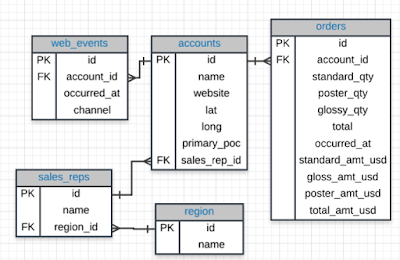1. Google Analytics can collect behavioral data from which systems? A, B, C
(select all answers that apply)
Correct!
2. To track website behavior data with Google Analytics, which steps will you need to complete? B, C
(select all answers that apply)
Correct!
3. The Analytics tracking code can collect which of the following? A, B, C, E
(select all answers that apply)
Correct!
4. When will Google Analytics end a default session? C
Correct!
5. Once Google Analytics processes the data it collects, it’s stored in a database where it can’t be changed. A
Correct!
6. Which of the following best represents the hierarchical structure of a Google Analytics account from top to bottom? D
Correct!
7. A user with “edit” permissions at the Account level will automatically have “edit” permissions at the Property and View levels.
Correct!
8. To find your Analytics tracking code, which sequence of steps should you follow? B
Correct!
9. To use Analytics to track user behavior on your website, what must you add to each page of your site? C
Correct!
10. Where in the HTML of your webpage should you place Analytics tracking code? A
Correct!
11. New views can include website data from before the view was created. B
Correct!
12. If you delete a view, account administrators can recover the view using the “trash can” function within how many days? A
Correct!
13. What are the options for filtering data in Google Analytics? D
Correct!
14. Why is it important to keep one unfiltered view when using filters with Google Analytics? A
Correct!
15. Google Analytics filters data in the order in which the filters are set. A
Correct!
16. Filters allow you to reprocess historical data from before the filter was applied. B
Incorrect - review Unit 1, Lesson 4
Your score: 15/16 (93%)



Hey there,
ReplyDeleteNice blog
check out our blogs
Top SEO company in Chennai
Hey there,
ReplyDeleteNice blog
check out our blogs
usa youtube views